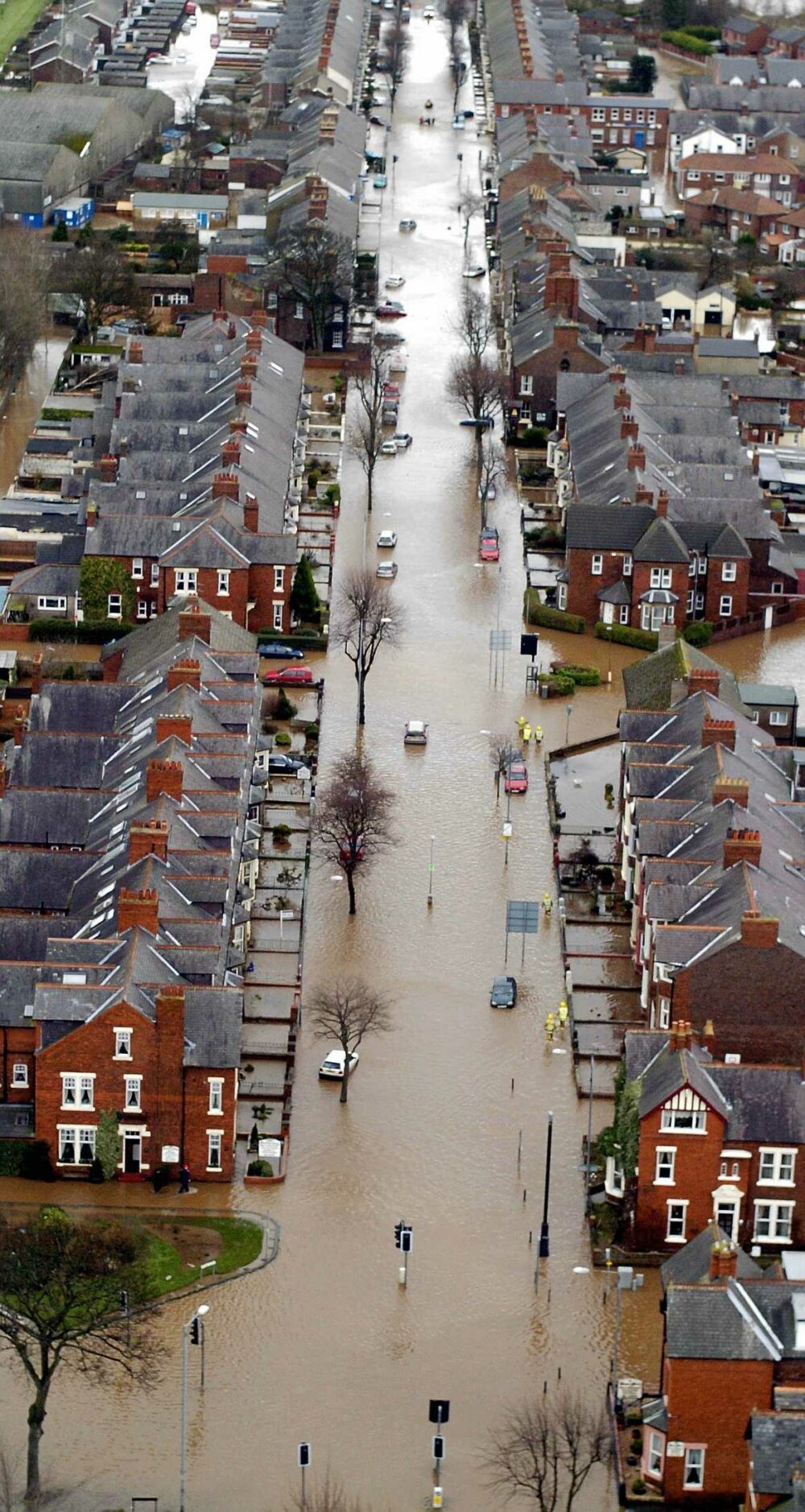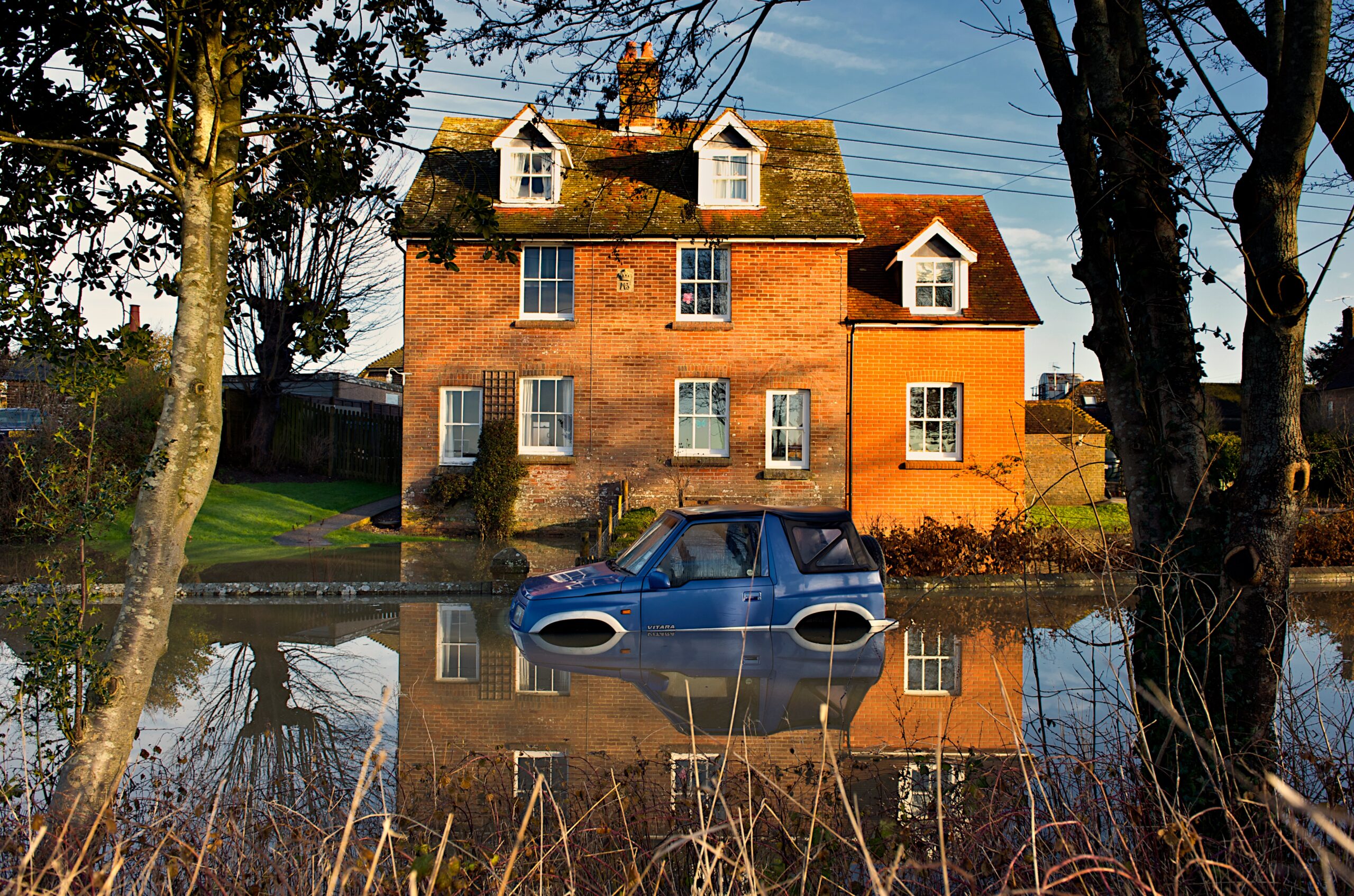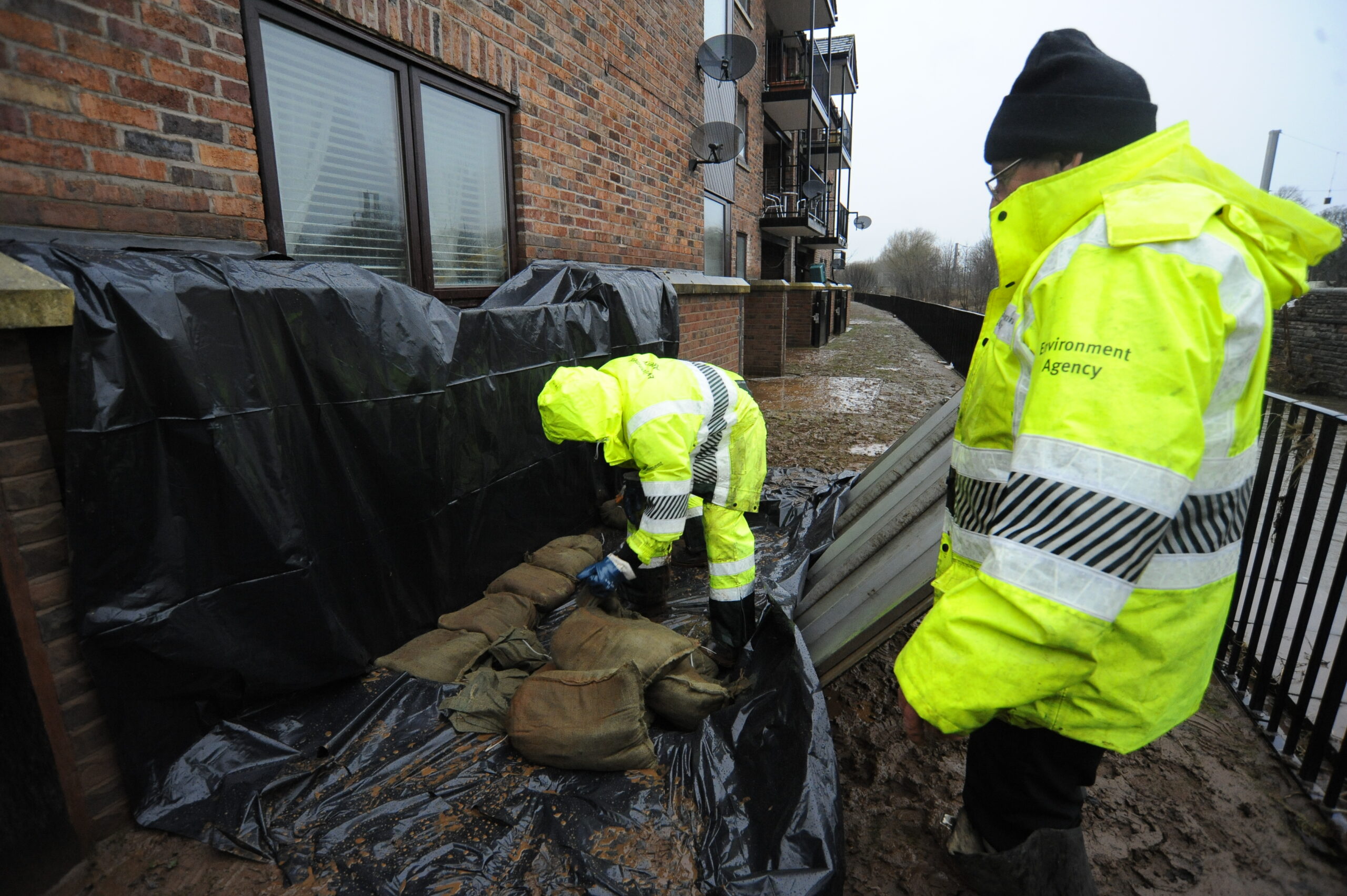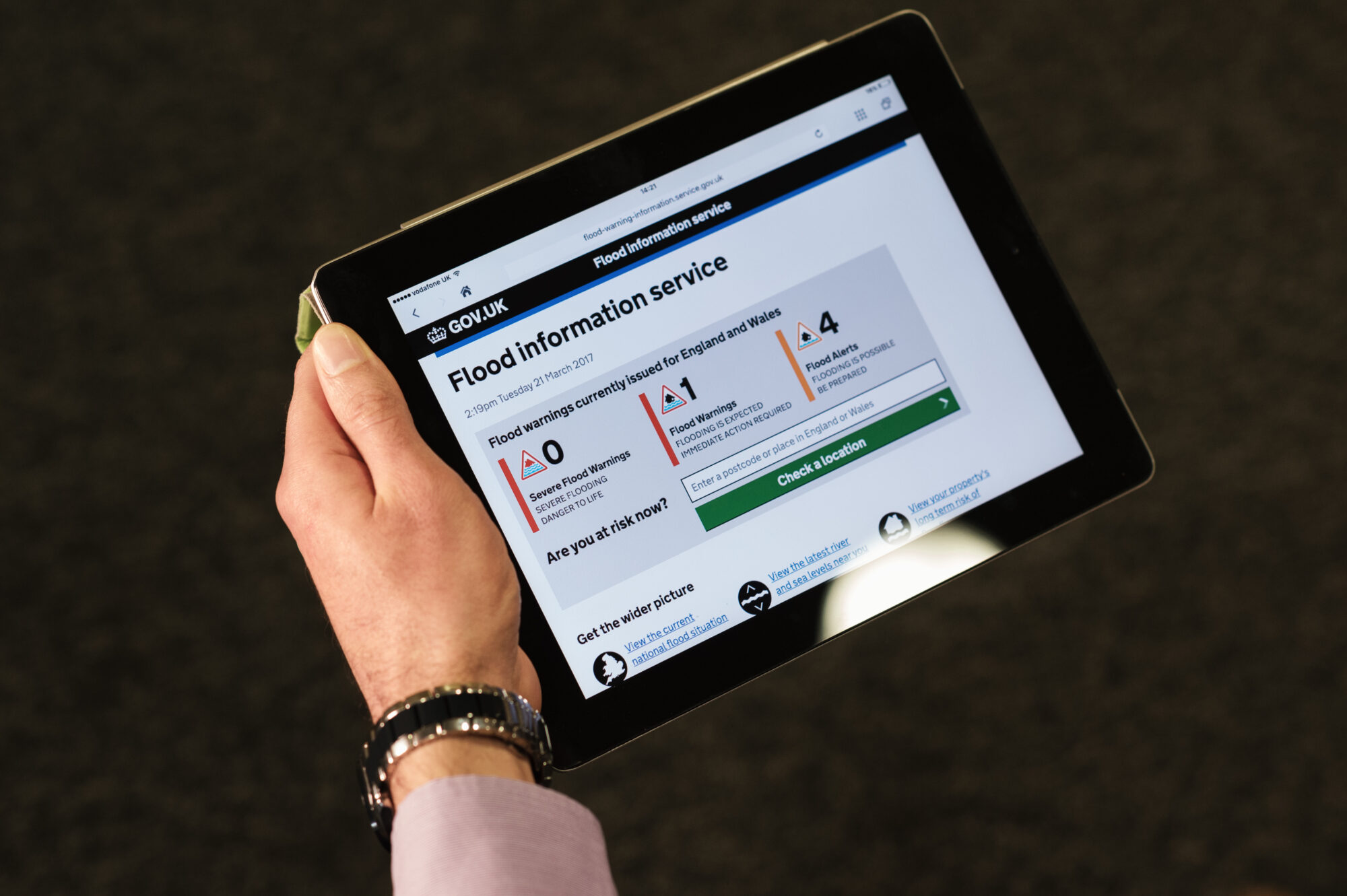Around 6.3 million homes and businesses in England are at risk of flooding, but many people are unaware and unprepared.
Not only can a flood cause damage to your home and belongings, costing you thousands of pounds, but it can disrupt your life and cause emotional distress.
Preparing before a flood, and knowing what to do when it happens, can reduce these significant impacts.
Actions you can take
Thinking about your flood plan now can help you to act quickly and calmly if flooding happens.
Planning ahead gives you the time and opportunity to think about simple steps you can take to protect yourself in advance and keep you safe.

Plan where to move your valuables.
Think about which important and sentimental items you would want to keep safe. These should ideally be moved somewhere raised well above floor level and stored in containers that are watertight.
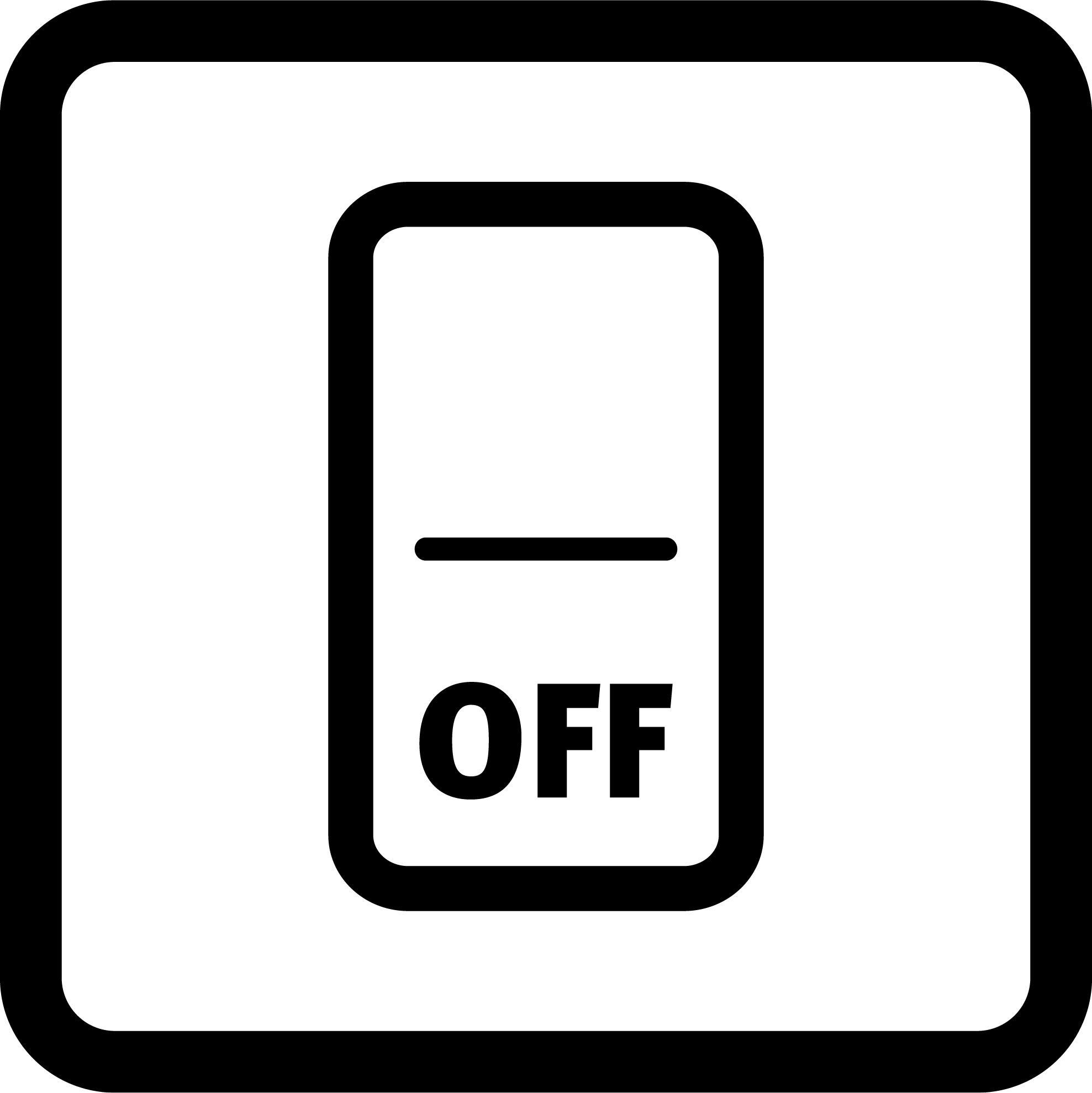
Know how to turn off gas, electricity and water.
If you don’t know how to do this for your property, you can find advice from your supplier, or a tradesperson with experience of how to do this.
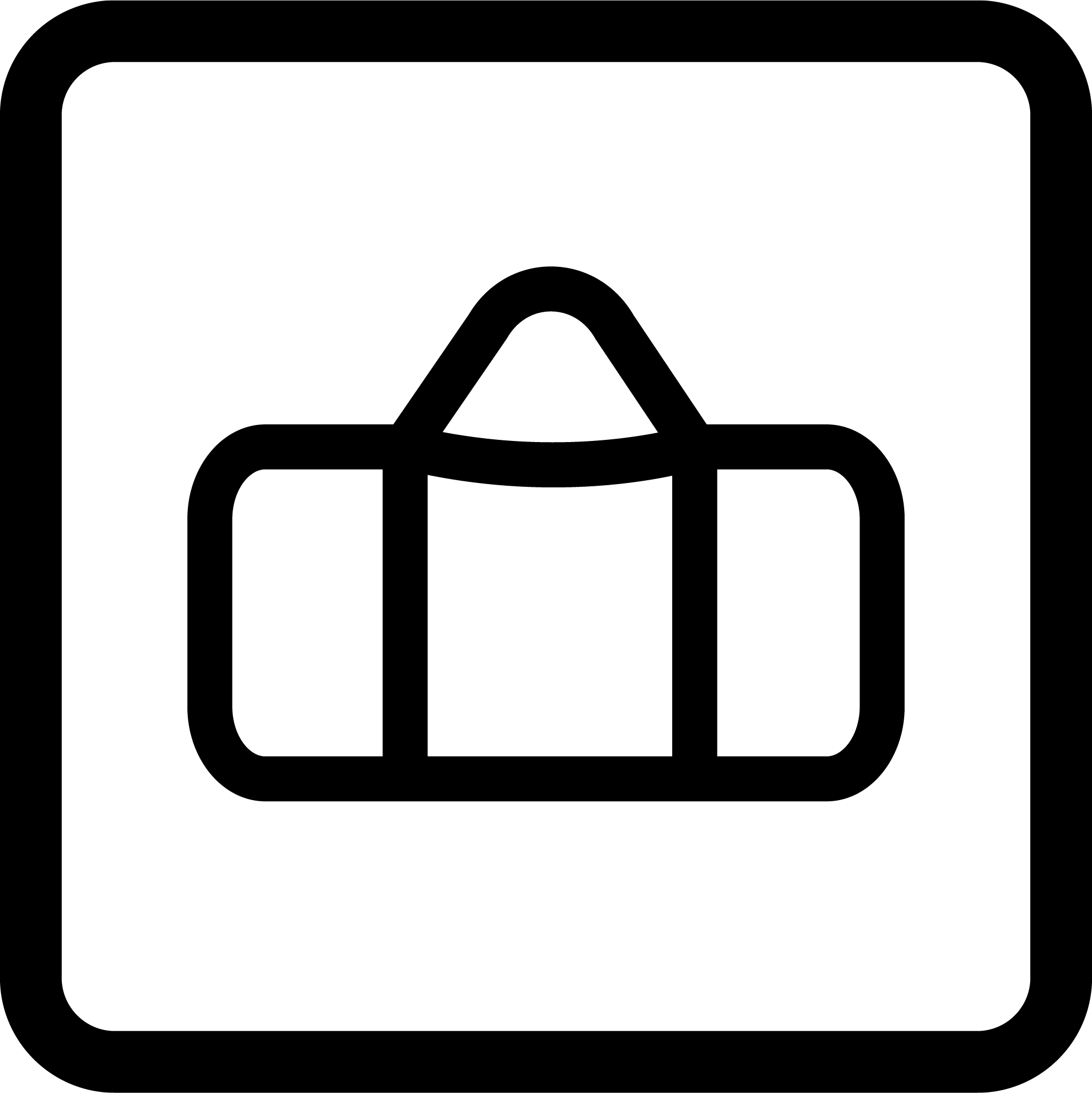
Pack a bag of essentials in advance.
This could include any medication you need, a first aid kit and important documents, as well as items such as a torch, bottled water, warm waterproof clothing, and baby care items. Make sure you store the bag somewhere you can easily get to if flooding does happen.
The personal flood plan is a checklist of things you should do to prepare for a flood. Click the link below to view the template and make your plan.
Get Support
Knowing what support is available is a key step in preparing for flooding and staying safe.
As part of your flood plan, think about and note down important information such as:
- Contact details of useful organisations (e.g. gas, electricity and water suppliers, local council and Floodline)
- Who can help you, or people you might need to help (e.g. friends, family, vulnerable neighbours, or pets)
Read further guidance from the Environment Agency on how to prepare for flooding.
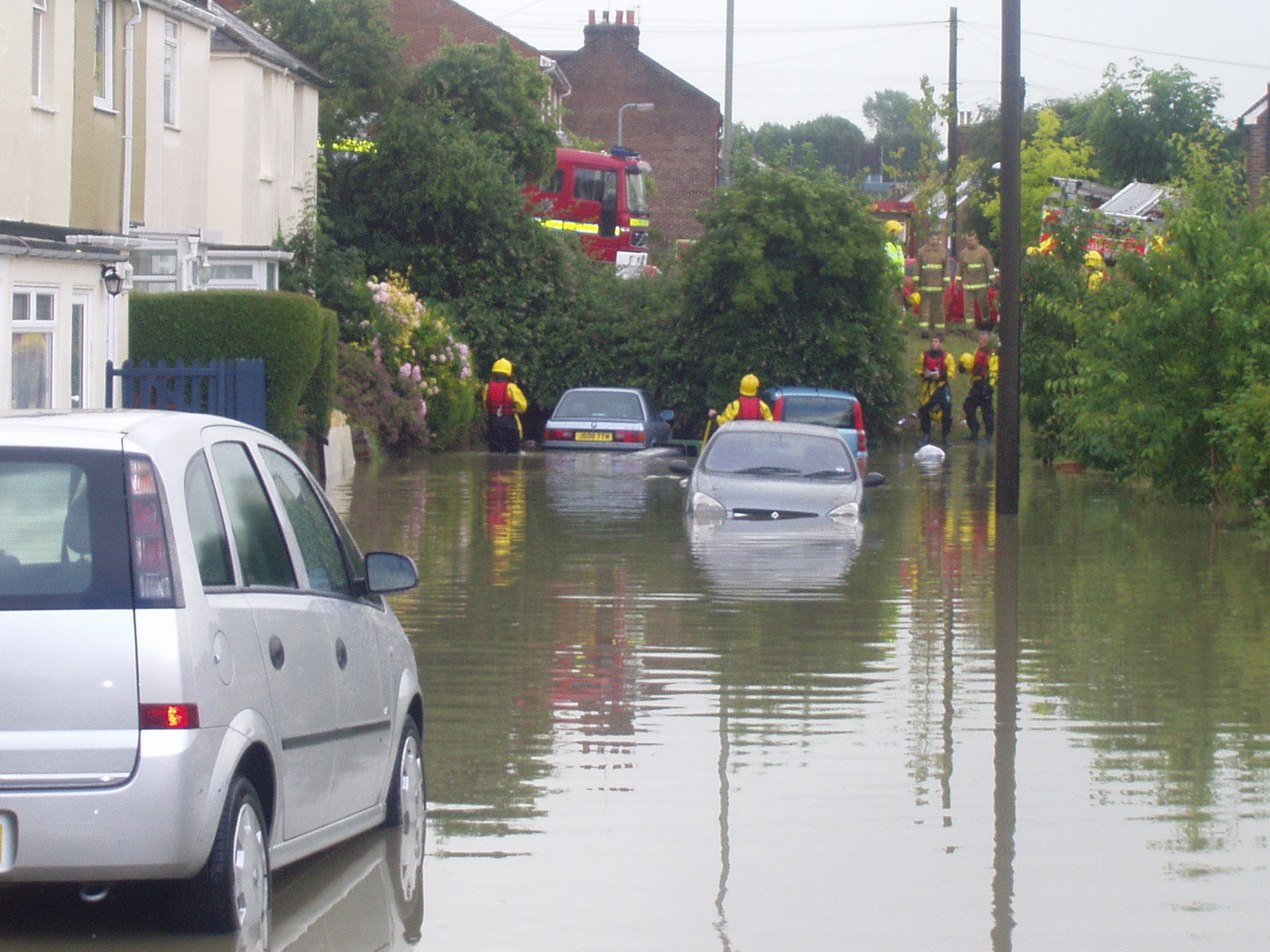
Floodline is the Environment Agency’s 24-hour telephone helpline. Call for up-to-date information about flooding in your area or talk to a Floodline advisor for more detailed enquiries.
Floodline
Telephone: 0345 988 1188
Textphone: 0345 602 6340
24-hour service
Find out about call charges
If you need to report a live flooding incident call the Environment Agency’s incident hotline.
Environment Agency incident hotline
Telephone: 0800 80 70 60
24-hour service
Find out about call charges
Get flood warnings
As part of your flood plan, sign up for free flood warnings in your area. These warn of the risk of flooding from rivers, the sea and groundwater.
You’ll be alerted by phone, email or text when flooding is expected.
Please note: flood warnings and alerts are not available in all areas.
